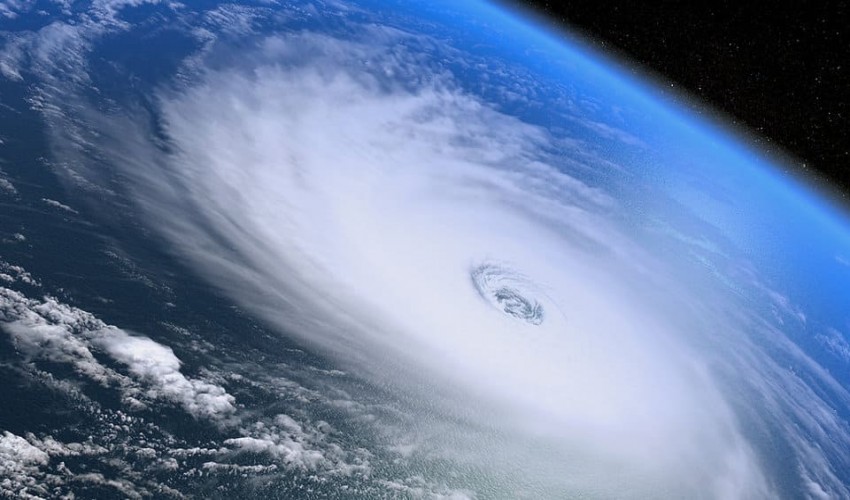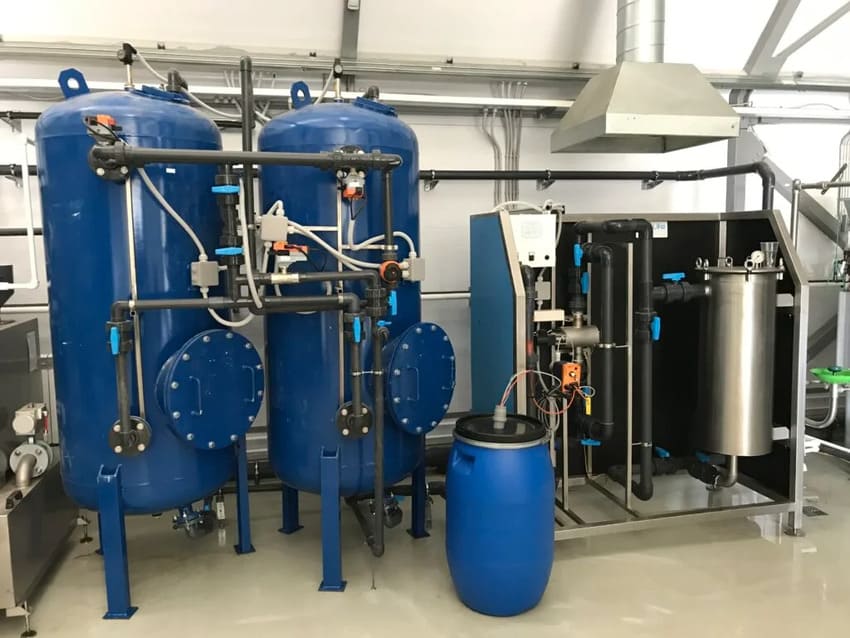
Meteorology
Meteorology is a branch of the atmospheric sciences which
includes atmospheric chemistry and atmospheric physics, with a major focus on
weather forecasting. The study of meteorology dates back millennia, though
significant progress in meteorology did not occur until the 18th century. The
19th century saw modest progress in the field after weather observation
networks were formed across broad regions. Prior attempts at prediction of
weather depended on historical data. It was not until after the elucidation of
the laws of physics and more particularly, the development of the computer,
allowing for the automated solution of a great many equations that model the
weather, in the latter half of the 20th century that significant breakthroughs
in weather forecasting were achieved. An important domain of weather
forecasting is marine weather forecasting as it relates to maritime and coastal
safety, in which weather effects also include atmospheric interactions with
large bodies of water.
Meteorological phenomena are observable weather events that
are explained by the science of meteorology. Meteorological phenomena are
described and quantified by the variables of Earth's atmosphere: temperature,
air pressure, water vapour, mass flow, and the variations and interactions of
those variables, and how they change over time. Different spatial scales are
used to describe and predict weather on local, regional, and global levels.
Meteorology, climatology, atmospheric physics, and
atmospheric chemistry are sub-disciplines of the atmospheric sciences. Meteorology
and hydrology compose the interdisciplinary field of hydrometeorology. The
interactions between Earth's atmosphere and its oceans are part of a coupled
ocean-atmosphere system. Meteorology has application in many diverse fields
such as the military, energy production, transport, agriculture, and
construction.
- Dynamic Meteorology
- NWP
- Physical Meteorology
- Marine Meteorology
- Synoptic Meteorology
- Aviation Meteorology
- Climatology & Statistics & DBMs
- Satellite Meteorology
- Radar Meteorology
- Agricultural Meteorology
- Upper Air Instrumentation
- Surface Instruments
- Meteorological Telecommunication & Information Technology
- Environment Monitoring
- Seismology
- Positional Astronomy
- Climate
- Fronts and Air Masses
- Under Pressure
- Stormy Weather
- Global Weather Patterns
- he Atmosphere
- Moisture in the Atmosphere
- Heat Exchange Processes
- Air Temperature
- Air Density and Pressure
- Atmospheric Stability
- Clouds
- Wind
- Thunderstorms and other Hazards
- Major Weather Systems and Patterns
- Aerodrome Weather Reports and Forecasts
Recent Published
Submit Manuscript
To give your manuscript the best chance of publication, follow these policies and formatting guidelines.


